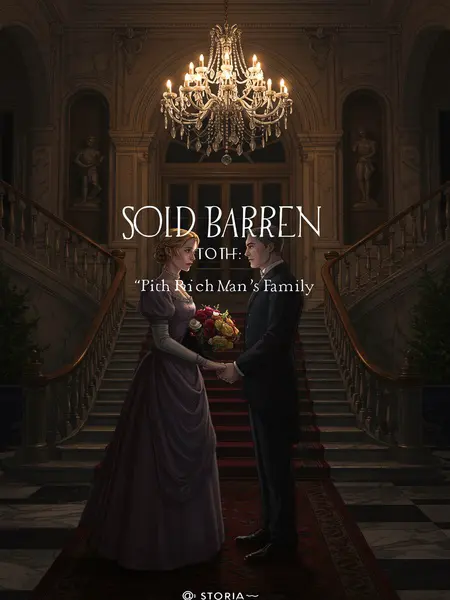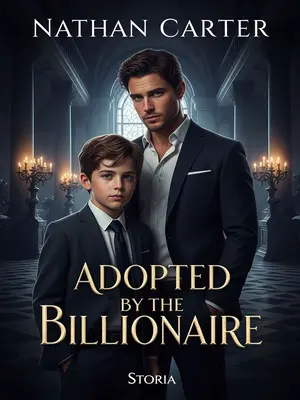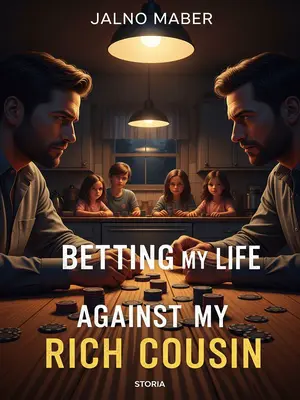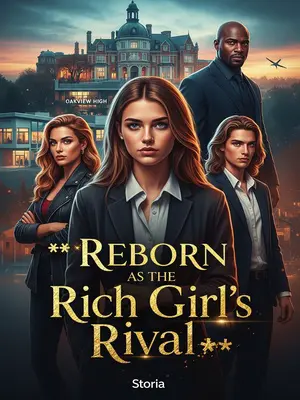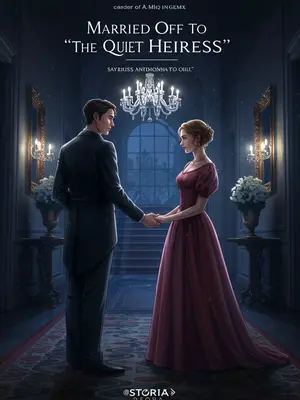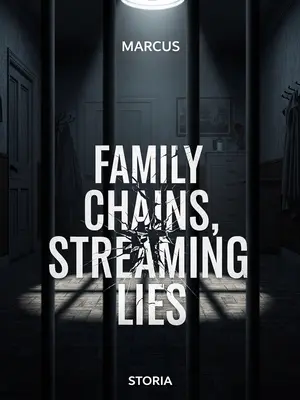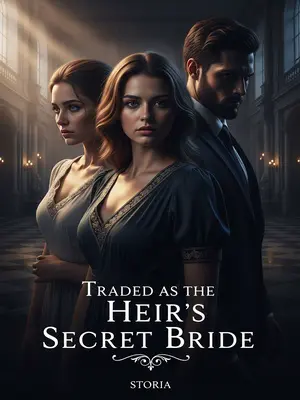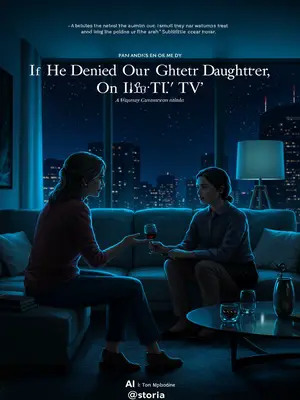Chapter 3: The Price of Survival
Ridgeview College charges almost ten grand a year in tuition alone, and that doesn’t count books, notebooks, bus fare, or the occasional replacement for a lost winter glove. If you added up every penny, it was nearly double that.
To save, I planted rows of potatoes and green beans out back, raised chickens in a coop Caleb built from scrap wood, and even talked about buying a piglet come spring. He’d smile, roll his sleeves, and pitch in beside me, hands callused from the keyboard and garden alike.
Still, typing up college papers and copying textbooks didn’t pay enough to keep us going. We clipped coupons from the Sunday paper and stretched a sack of flour through a month of biscuits and gravy. That’s why, when he wasn’t looking, I’d sneak off to the midnight market and sell what little I could.
Around here, women like me—women with old secrets and stranger talents—are met with suspicion. They’d sooner cross the street than meet my eyes. If anyone found out what I really was, Caleb’s shot at grad school would vanish overnight. He’d be lucky to get a job at the hardware store.
I stared at those coins for a long moment, weighing their cold heft. Caleb misread my silence—thought I was hesitating over price. He reached into his pocket and threw down another pouch, leather worn smooth with age.
"Is it still not enough?"
With that kind of money, we could pay off the mortgage and keep the lights on for five, maybe six years. I kept my face blank and slid the coins into my apron, the weight of them burning a hole in my resolve.
Expressionless, I handed Caleb a palm-sized wooden box, etched with a design only my family would know.
"This is the cold moth. Keep it in the coolest spot at home—basement, maybe the old fridge, somewhere dark."
"Every night at midnight, it’ll lay an egg. Soak the egg in water, have her drink it, three nights running."
"After the third egg, the cold moth dies. You burn it then, ashes to ashes."
"It’s potent—if a woman takes it, she’ll never bear children again. No take-backs. Don’t come begging me for a cure. There isn’t one."
Caleb’s knuckles went white on the box, veins standing out like angry blue rivers. I’d always thought he had beautiful hands—long fingers, clear joints, piano-player’s hands. Now they looked like they could strangle the world.
Without another word, he left the money, clutching the box tight as he ducked into the shadows. He made a show of adjusting his mask, hoodie drawn up, as if hiding from everyone and no one at once.
I watched him disappear, a hollow ache blooming in my chest. For the first time, I didn’t want to go home. I was afraid—afraid I’d find that box sitting on my kitchen counter, waiting for me like a death sentence.
